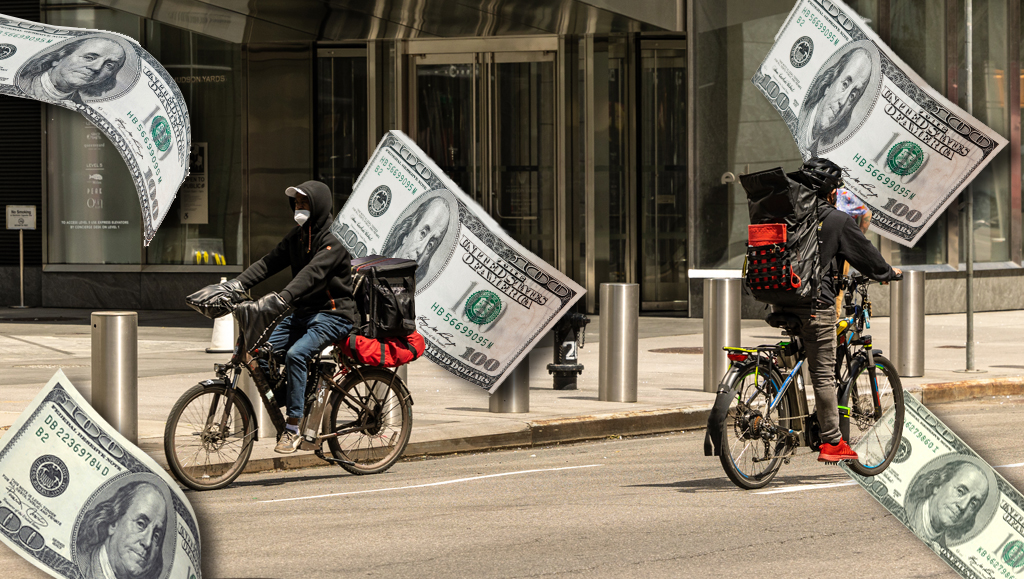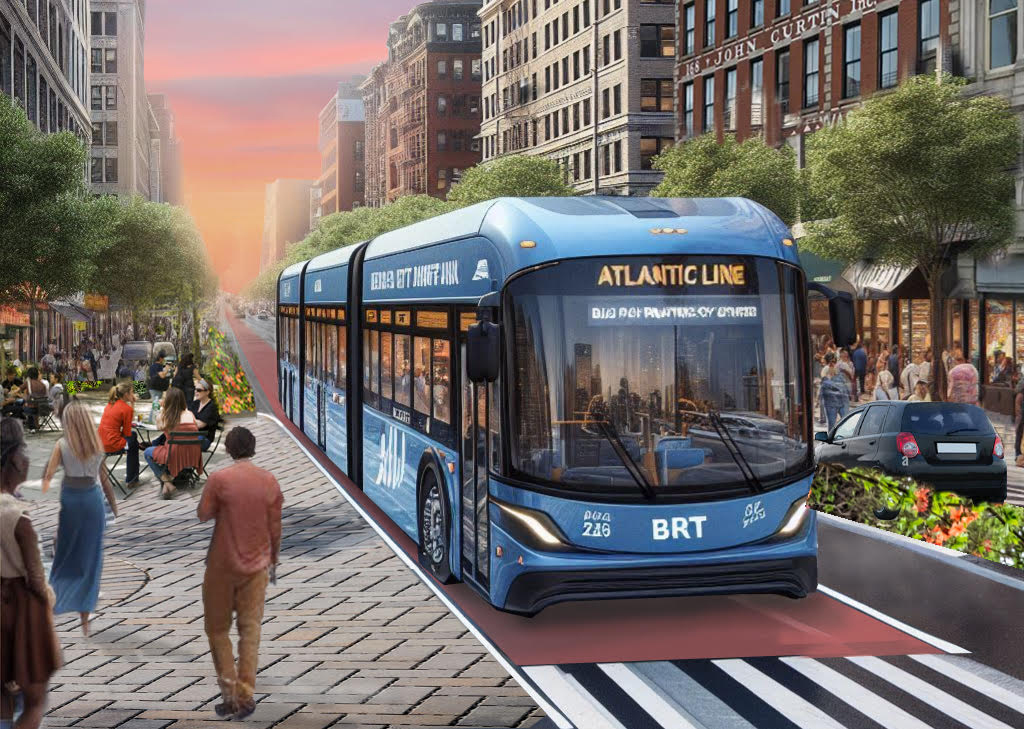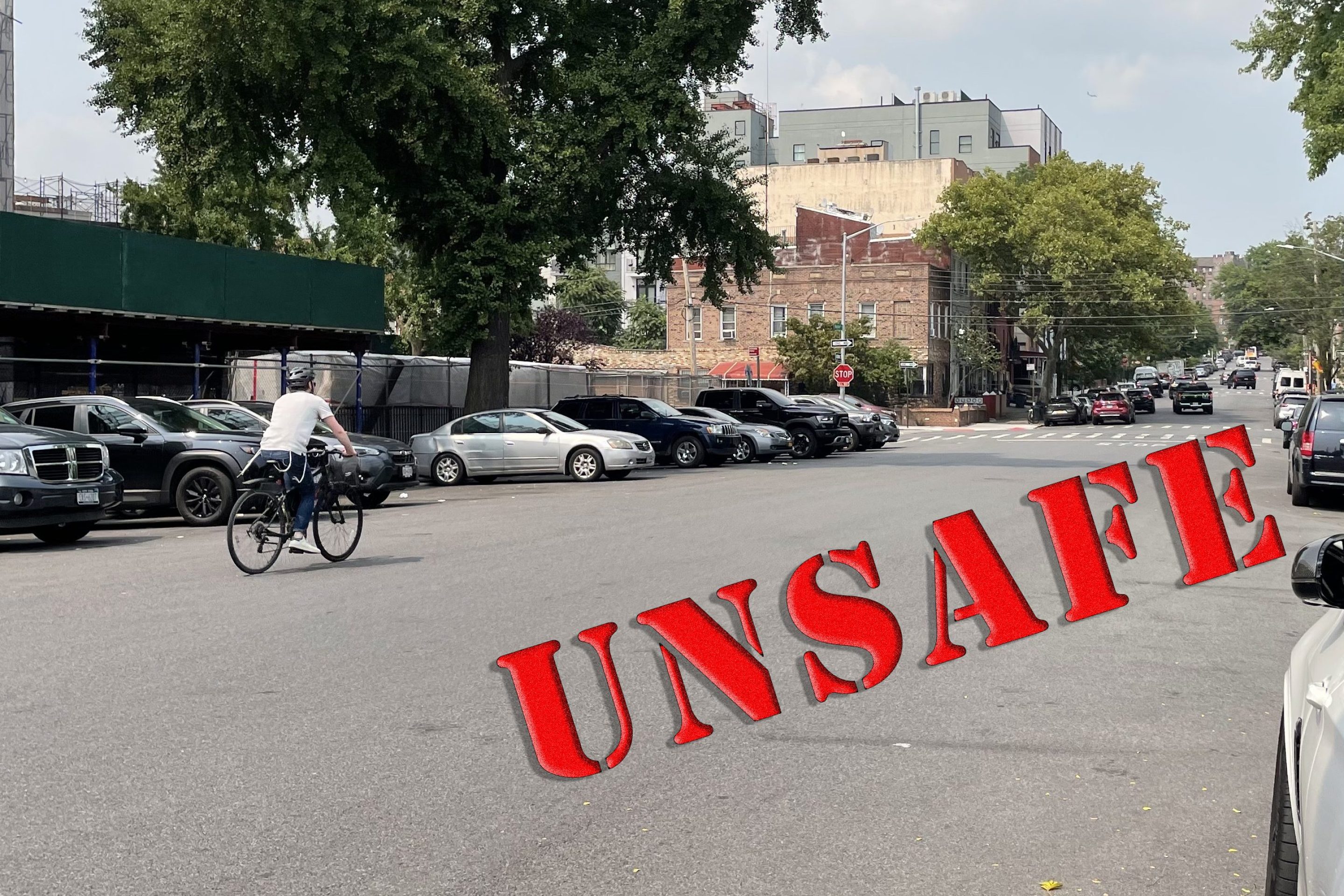The above photo could be a scene from Any Suburb, USA. Except ... what's the deal with the helmet-free cyclist in street clothes?
“Welcome to Orange County,” writes Andrew Stokols at TheCityFix. “No, not Orange County, California. This is Orange County, Beijing.”
Stokols says walled-off suburbs modeled on U.S. "gated communities" are gaining popularity among the affluent in China, India, and other nations -- drawing wealth and attendant resources away from cities.
Beijing’s northern periphery is sprinkled with suburban developments bearing names of exotic Western locales: “Napa Valley, Yosemite, Vancouver Forest, Riviera. On the edge of Shanghai, a series of themed European towns have popped up, each in the style of a different European nation. In the early 1990s, these houses were mostly occupied by diplomats or expats. Today, gated upscale communities of single-family homes are often the sought-after choice of residence for rising middle classes in China, India, Brazil, and beyond, for wealthy, upwardly mobile consumers who want to enjoy the same comforts of suburban living that the West has long taken for granted.
There are indeed many reasons why those who can afford it are choosing to wall themselves off in exclusive suburbs. In cities with high poverty and crime rates, the allure of private security, privatized city services, and functioning utilities is hard to resist. The desire for the lifestyle symbolized by single-family homes is not something that can be easily dismissed as unimportant.
But at the same time, planners in these cities need to think about how to accommodate the vast majority of urban residents who cannot afford such exclusive developments. A growing problem presented by such privatized, gated communities is that they often opt out of public services altogether, hiring private companies to provide clean water, electricity, and private security. This is great for the residents who can afford it. But it also weakens the services of other city residents, who would otherwise benefit from taxes paid into public coffers by all residents, rich and poor alike.
The growth of such suburbs “is poised to far outdo America’s sprawl,” according to Stokols. While officials in Beijing, for one, recognize the issue, they have yet to enact potential solutions, like higher density townhouse-style housing and walkable development that isn’t isolated from the city.
Elsewhere on the Network today: Mobilizing the Region reports that transit riders will pay for New Jersey’s broken transportation system, and Family Friendly Cities reflects on the value of urban play spaces.






